If you are facing divorce, it would be a good idea to begin making a list of your assets. Pennsylvania is an equitable division state, so there will not necessarily be a fifty-fifty split of assets. The list you make will be helpful to your attorney, so you want to include any assets you can think of.
You will probably begin by listing the obvious items, such as your home, automobiles, bank accounts and credit cards, but keep going. Here are six assets you might overlook when you are developing that list.
1. Capital losses
Take a look at your last tax return. If there was a capital loss that exceeded the capital gains as well as the allowable tax deduction, you can carry it forward. You should address this situation in the property division phase of your divorce since a loss could reduce your tax liability.
2. Intellectual Property
Do you or your spouse own royalty rights, copyrights, patents or trademarks? Do not forget to discuss intellectual property rights with your attorney in advance of your divorce settlement agreement.
3. Memberships
Perhaps you and your spouse have a country club or fitness club membership. There was probably an initiation fee when you joined, and you also pay annual fees. You and your spouse undoubtedly have views on who should keep those memberships.
4. Antiques and memorabilia
You may have thought of listing your art collection, which is certainly valuable, but what about those vintage baseball cards your spouse keeps under lock and key? Check your homeowners insurance policy, too, and add to your list any items that the policy specifically mentions.
5. Gifts given during marriage
Any gifts that you gave each other while you were married are marital property and will be divided during your divorce. Gifts made outside of marriage, such as your engagement ring, are separate property.
6. Rover
When it comes to divorce, the law usually considers pets to be property rather than family members. If you are both attached to the dog, there may be a tussle over ownership going forward. The court often assigns ownership to the person who was mostly responsible for Rover’s care and feeding. If you want to keep your pet, make sure your attorney is aware of your wishes.


